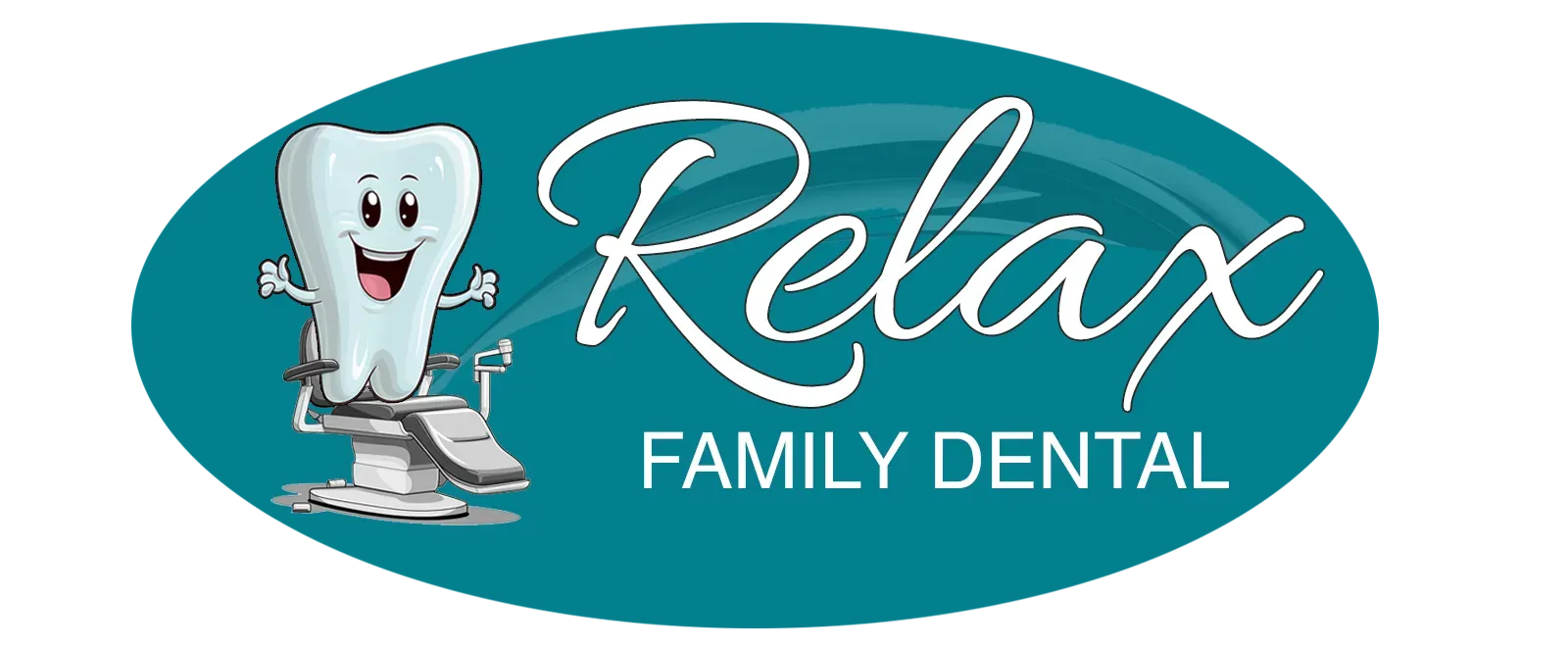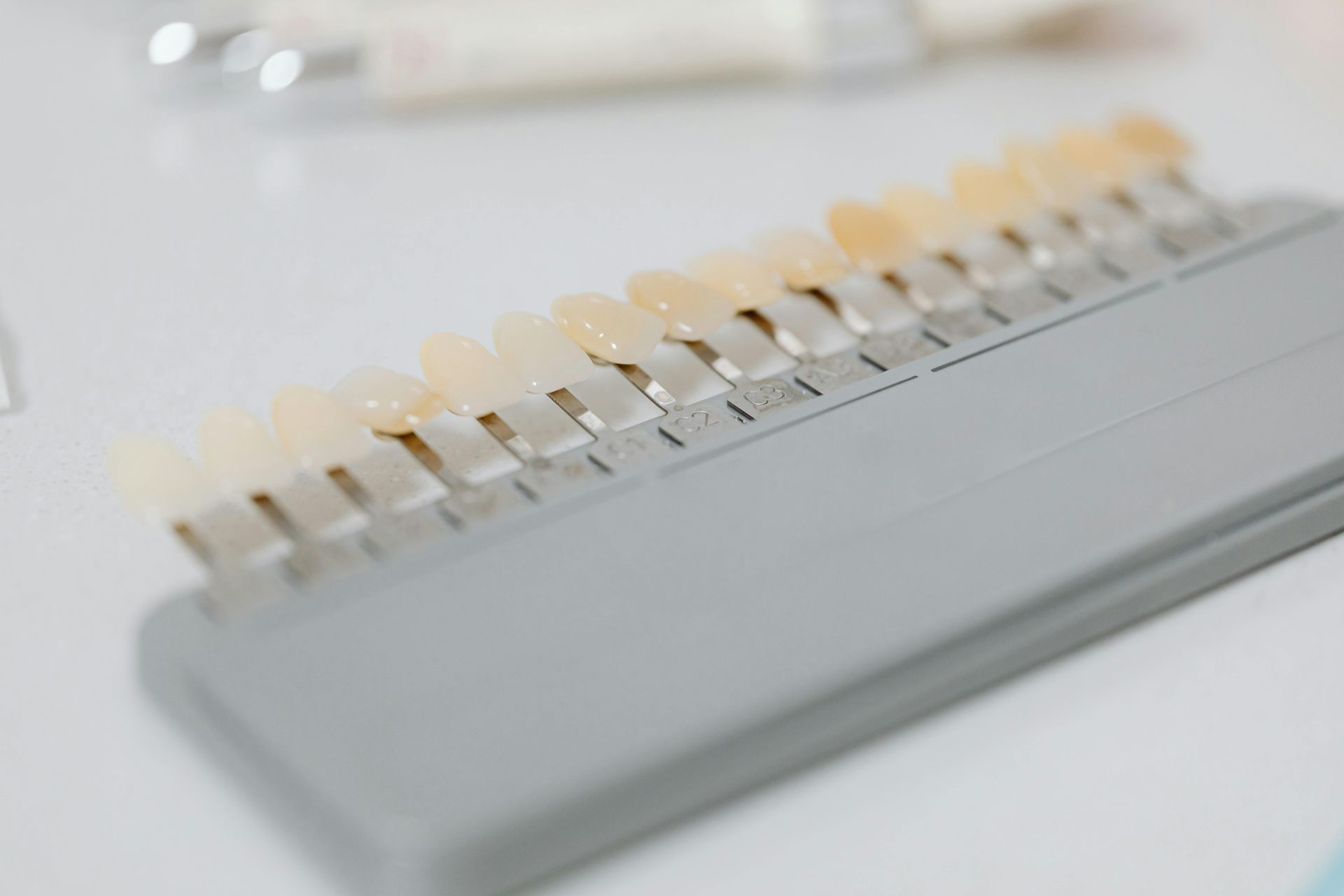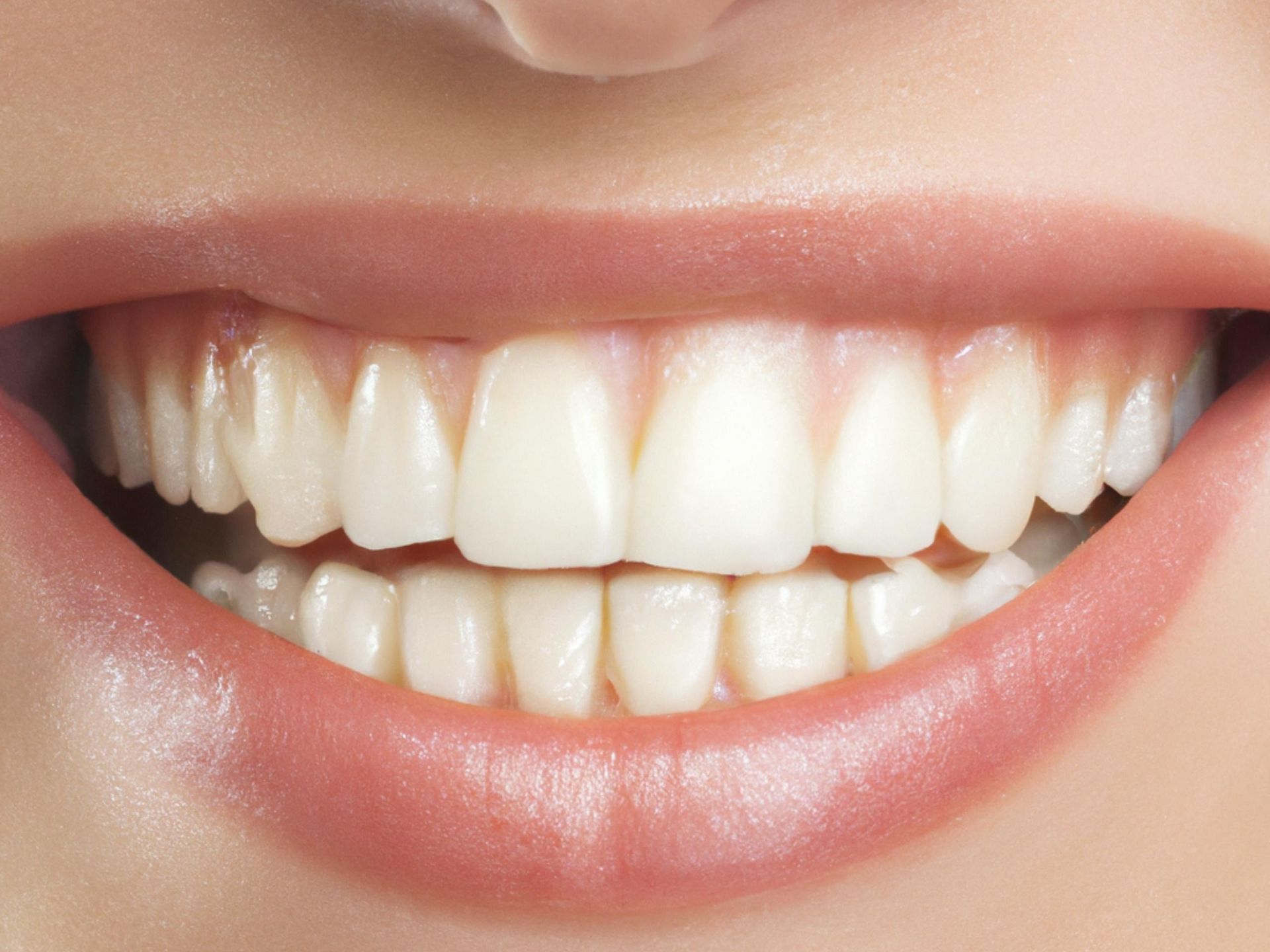Children’s Dental Care: Tips for Parents
- Caring for your child’s teeth should begin as soon as their first tooth appears to establish good oral hygiene habits.
- Encourage brushing twice a day and flossing daily to prevent cavities and maintain strong teeth.
- Giving children bottles of juice, milk, or formula during the day or overnight can increase the risk of early childhood cavities.
Helping your child develop good dental habits early on can make all the difference in their oral health as they grow.
Shockingly,
nearly half of children between the ages of 2 and 19 have had a cavity in at least one baby or permanent tooth, showing just how common dental issues are.
With the right approach, you can guide your child toward better oral hygiene while making it an enjoyable part of their daily routine.
From brushing techniques to diet tips, small changes can lead to big improvements in protecting your child’s teeth.
Caring for Your Child’s Dental Health at Every Age
Before the First Tooth: Building Foundations
Caring for your baby’s mouth might feel like preparing a garden bed before planting seeds. Even before teeth appear, gently wipe your baby’s gums with a soft, damp cloth after feedings. This clears away bacteria and sets the stage for healthy teeth to grow. Be mindful not to let your baby fall asleep with a bottle of milk or juice—think of it as soaking teeth in sugar, which can lead to decay before their first birthday.
Ages 0–2: Baby Teeth and New Habits
When that first tiny tooth makes its grand debut (around 6 months old), it’s time to upgrade to a baby toothbrush. A smear of fluoride toothpaste, about the size of a grain of rice, is all you need. Remember, baby teeth may be small, but they play a big role—like training wheels for permanent teeth.
- Common concerns: Early childhood cavities (often called baby bottle tooth decay) can develop quickly if sugary drinks linger in the mouth.
- What to do: Offer water between meals and brush your child’s teeth twice daily. Schedule your child’s first dental visit by their first birthday—it’s never too early to make a great first impression with the dentist!
Ages 3–5: Toddler and Preschool Dental Care
At this age, brushing can feel like an epic battle of wills. Make it fun by turning it into a game—use colorful timers or play their favorite song for two minutes. Keep an eye on their technique because, let’s be honest, toddlers are better at finger painting than precision cleaning.
- Common concerns: Cavities from missed spots and sugary treats.
- What to do: Help your child brush and introduce flossing once teeth start touching. Use positive reinforcement—praise their efforts and remind them their superhero smile needs special care.
Ages 6–12: Transitioning to Permanent Teeth
When permanent teeth start appearing, it’s like upgrading from a starter bike to a 10-speed—it’s exciting, but it comes with more responsibility. Teach your child how to care for their new teeth while protecting them during activities like sports. A custom-fit mouthguard can be a game-changer for preventing dental injuries.
- Common concerns: Cavities in new molars and crooked teeth.
- What to do: Continue regular dental visits and talk to your dentist about protective sealants. If alignment issues arise, early orthodontic care can make a big difference.
Teens: Staying Accountable
Teenagers juggle school, sports, and social lives, so it’s no surprise their oral care can take a backseat. Encourage them to think of their teeth like a car—regular maintenance prevents costly repairs down the road.
- Common concerns: Gum irritation, cavities, and stained teeth from poor diet choices or habits like smoking.
- What to do: Equip your teen with the tools for success—easy-to-use flossers, a good electric toothbrush, and regular reminders to visit the dentist. A bright, healthy smile is one of their best confidence boosters.
The Key to a Lifetime of Healthy Smiles
At Relax Family Dental, we understand that children’s dental health is a journey with unique challenges at every stage. Our experienced team is here to help your little ones build healthy habits and keep their smiles bright as they grow. By staying proactive, you can give your child the gift of a strong, healthy smile that lasts a lifetime.
If you're in Racine County, now is the perfect time to schedule a visit for your kids. Whether it’s a back-to-school checkup or a cleaning during a break, we’re here to make dental care easy and stress-free for your family. Call us today at (262) 456-5388 to book an appointment—we can’t wait to help your child’s smile shine!











